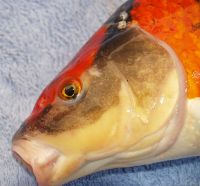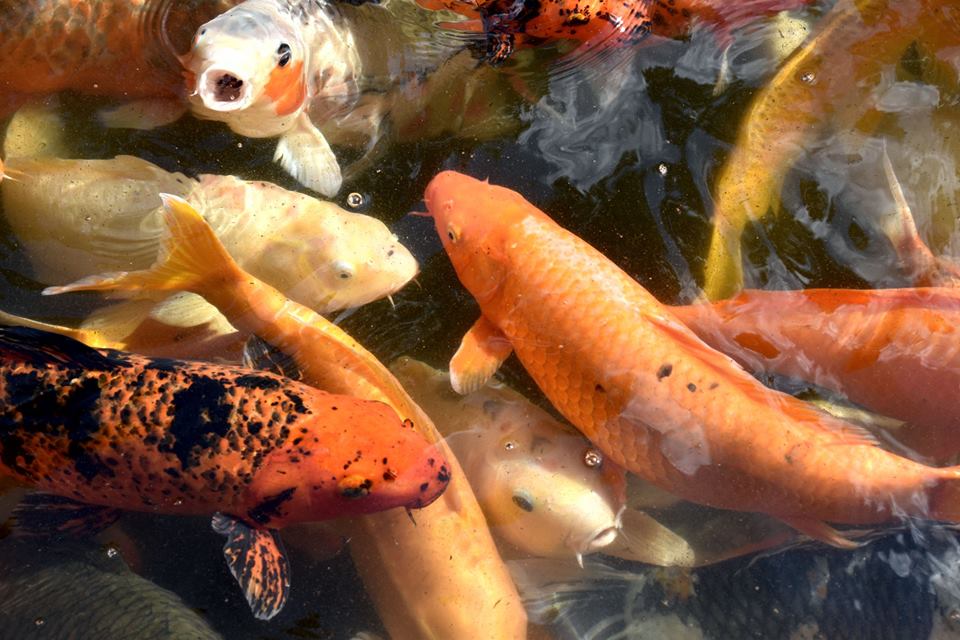Koi

Pond Care and Fish Resources in the Phoenix Metro Area
Treating Alkalinity Problems in Aquariums and Ponds
Alkalinity is a measure of the water’s ability to buffer the pH to provide stability and avoid rapid changes in pH that could adversely affect the health of the animals in the water. It is one of the more important but most often overlooked parameters to monitor for healthy water quality in a system. Calcium carbonate (CaCO3) is the compound that has the most effect on alkalinity, but sodium, bicarbonate and other compounds play more minor roles. Good quality kits are available from companies like Salifert and Red Sea to test alkalinity by adding drops to the water sample in a test tube.
New Koi Quarantine Recommendations
Koi are wonderful, interactive and beautiful fish. Unfortunately they do get sick just like any other animals. Introducing a new fish to a pond without proper quarantine can have disastrous results because it can also introduce parasites, viruses, bacteria or other diseases into an established pond. This can be devastating emotionally as well as financially. Identifying problems in quarantine is easier and less expensive than allowing anything to get into the main pond.
Basic Care: Koi
 Koi are extremely popular pets due to the growing number of people who enjoy backyard ponds. While generally quite hardy with appropriate care, koi still come down with a variety of conditions that may be helped by working with a veterinarian.
Koi are extremely popular pets due to the growing number of people who enjoy backyard ponds. While generally quite hardy with appropriate care, koi still come down with a variety of conditions that may be helped by working with a veterinarian.



